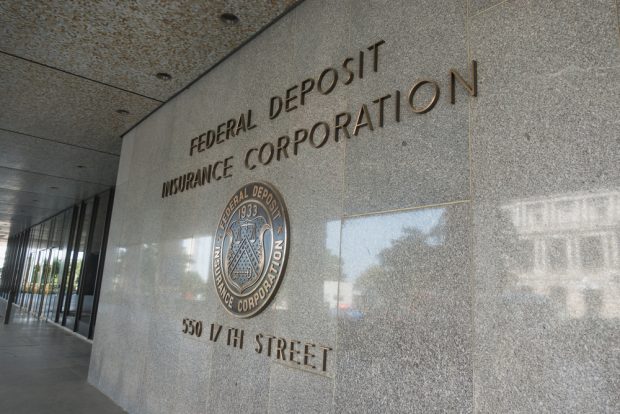WASHINGTON-The Senate gave the Check Truncation Act of 2003 (H.R. 1474) the green light when the bill passed the chamber by unanimous consent June 27. While credit unions already have the authority to truncate their checks and have done so for decades, the legislation provides for truncation more often and earlier in the process for additional cost savings and efficiency. However, the legislation was primarily introduced for the banks, which previously could not truncate checks, and after Sept. 11 had to ship paper checks by boat and other means when airplanes were grounded. The Independent Community Bankers of America issued a statement immediately upon its passage saying, "Consumers everywhere will reap the benefits of faster processing of their payments because of this legislation," ICBA President and CEO Kenneth Guenther said. "This bill will encourage a new, more efficient electronic clearing process within the financial services industry." The next step for the bill is a House-Senate conference committee to iron out the relatively minor differences between the two bills or the House could simply accept the Senate's version. One difference between the two bills is that the Senate bill includes a 12-month enactment date but the House version has an 18-month waiting period. The Senate's legislation would also require a study by the General Accounting Office on the effects of check truncation on consumers. The House passed the Check 21 bill by a vote of 405-0 earlier in June.
© Touchpoint Markets, All Rights Reserved. Request academic re-use from www.copyright.com. All other uses, submit a request to [email protected]. For more inforrmation visit Asset & Logo Licensing.






